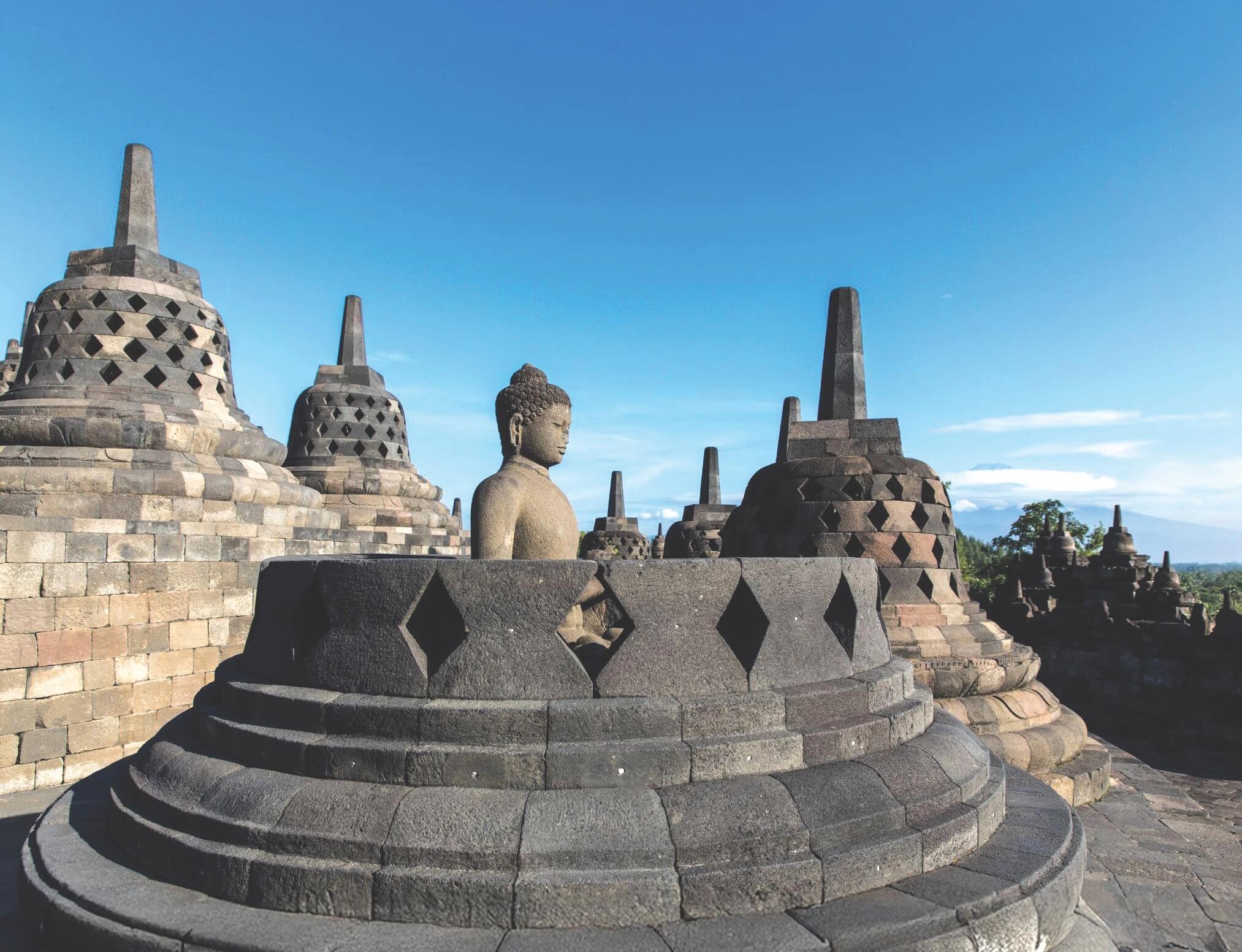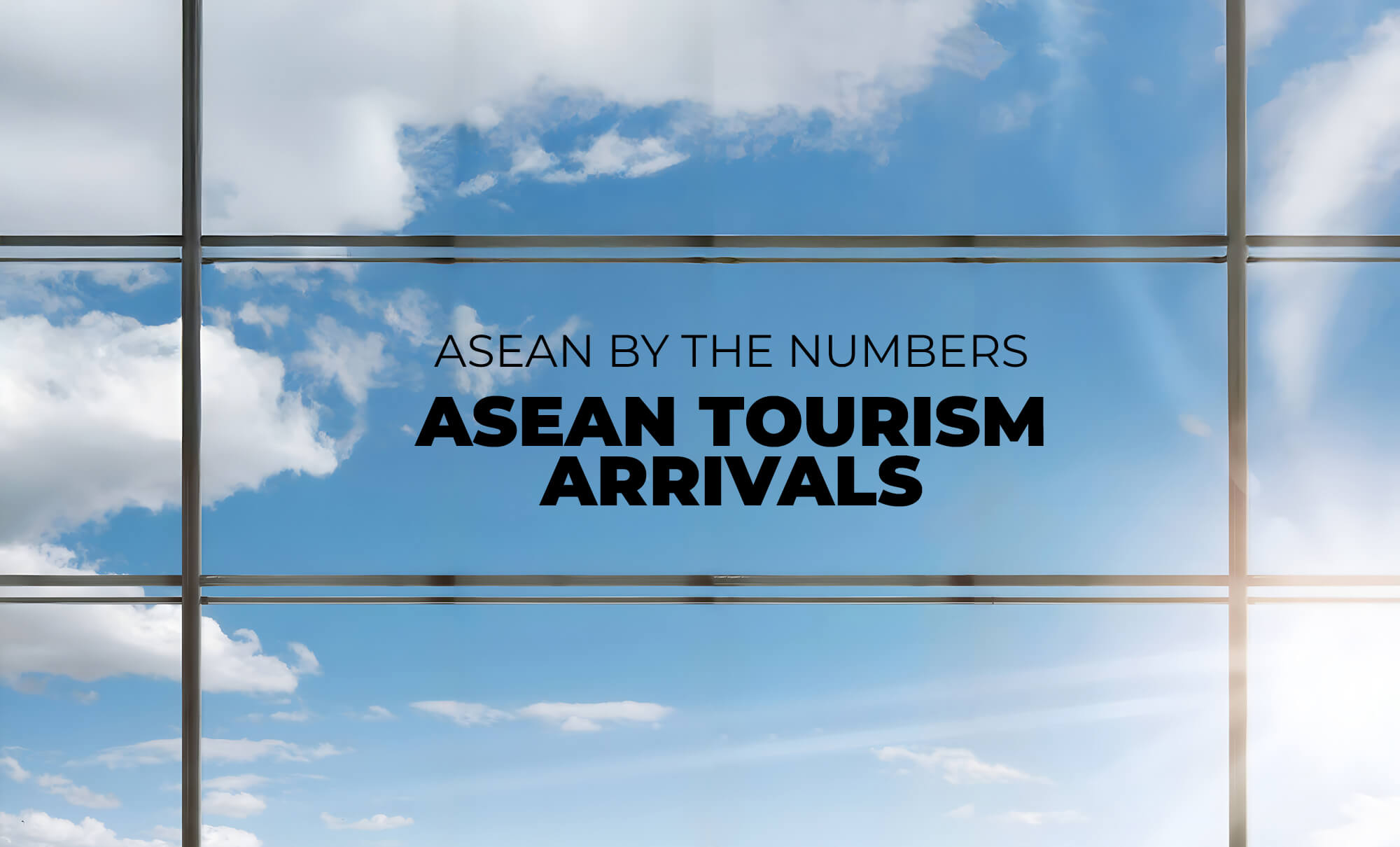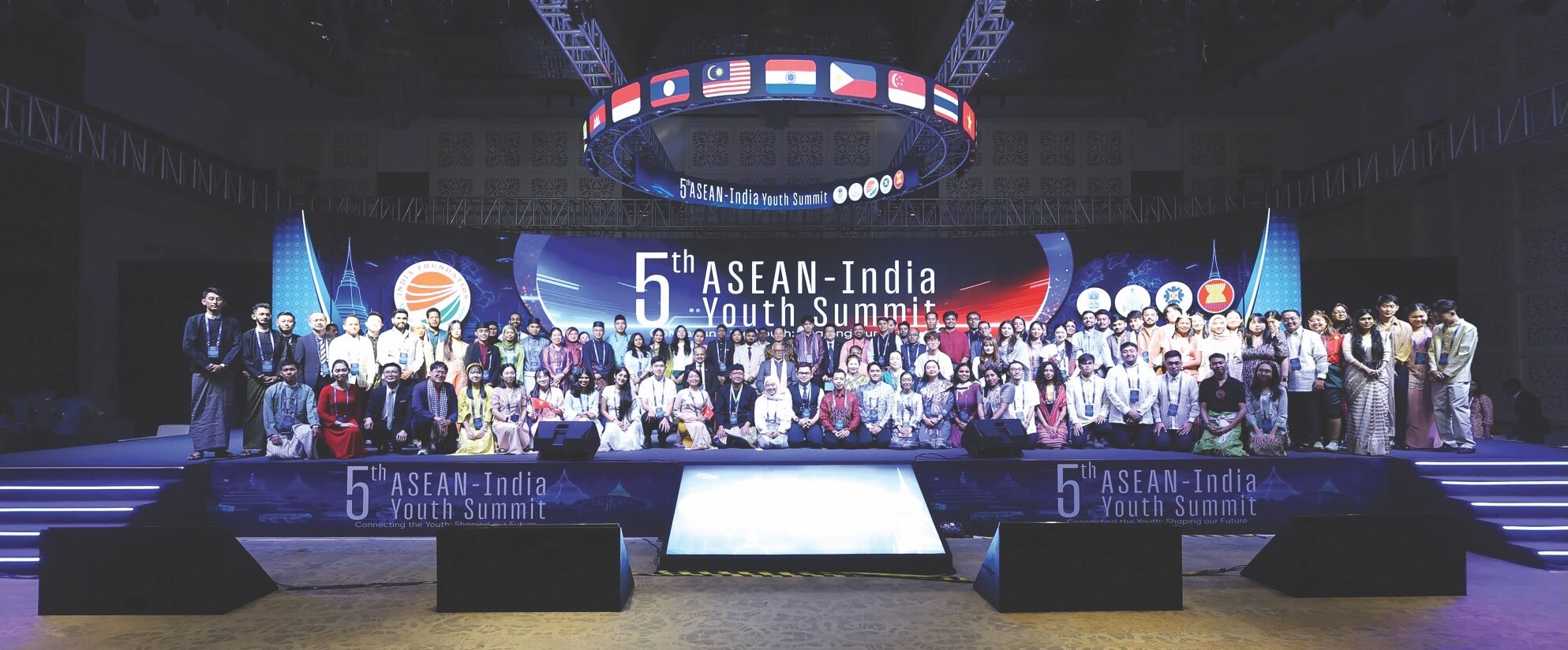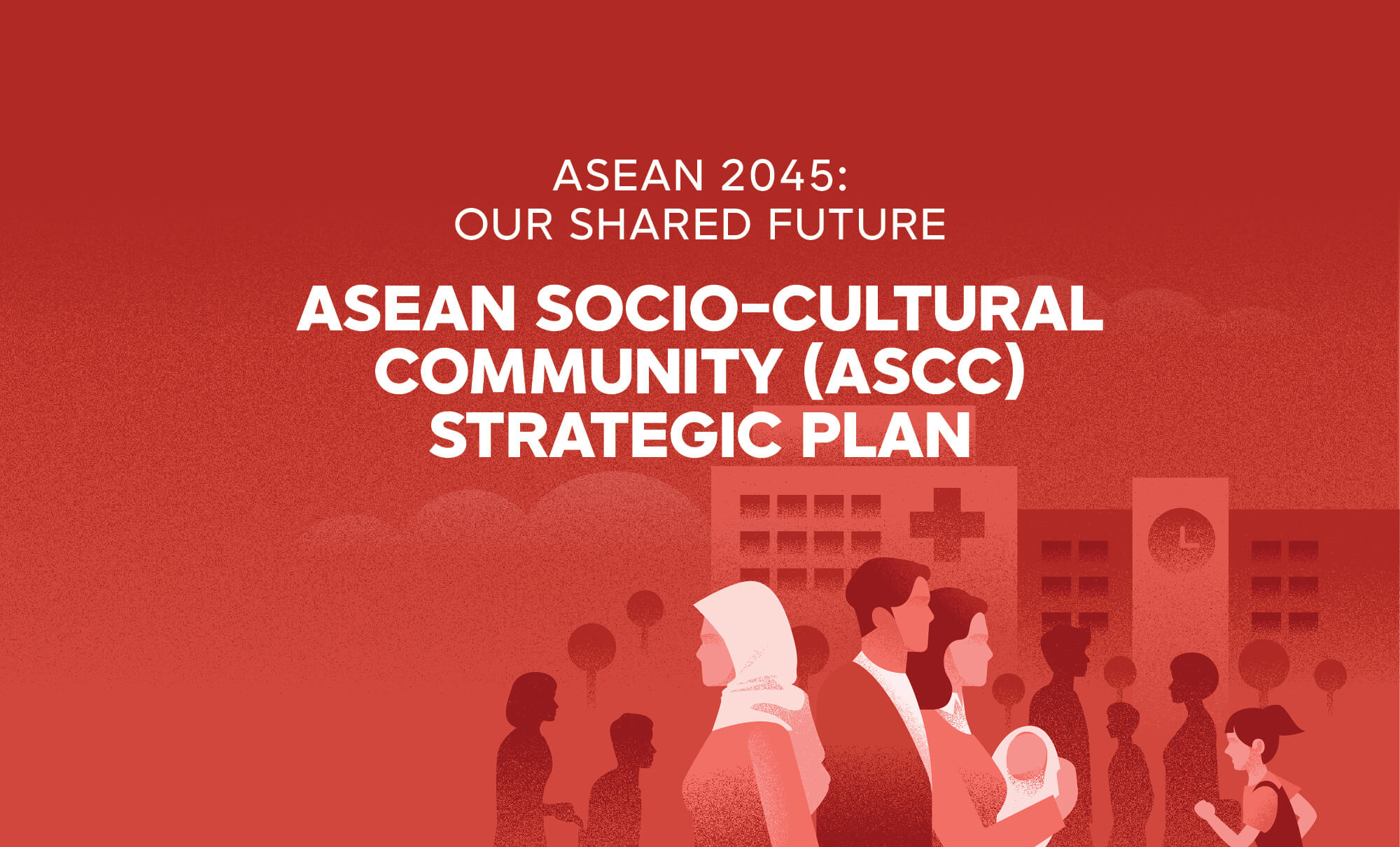Tourism Development in Malaysia: Resilience, Innovation, and Regional Leadership

Malaysia stands out as a beacon of resilience and transformation in the evolving global tourism landscape. With travellers increasingly seeking meaningful, sustainable, and immersive experiences, the country has responded with a bold reimagining of its tourism sector. Emphasising sustainability, inclusivity, and innovation, Malaysia is positioning itself as a premier destination that is culturally rich, environmentally … Tourism Development in Malaysia: Resilience, Innovation, and Regional Leadership








